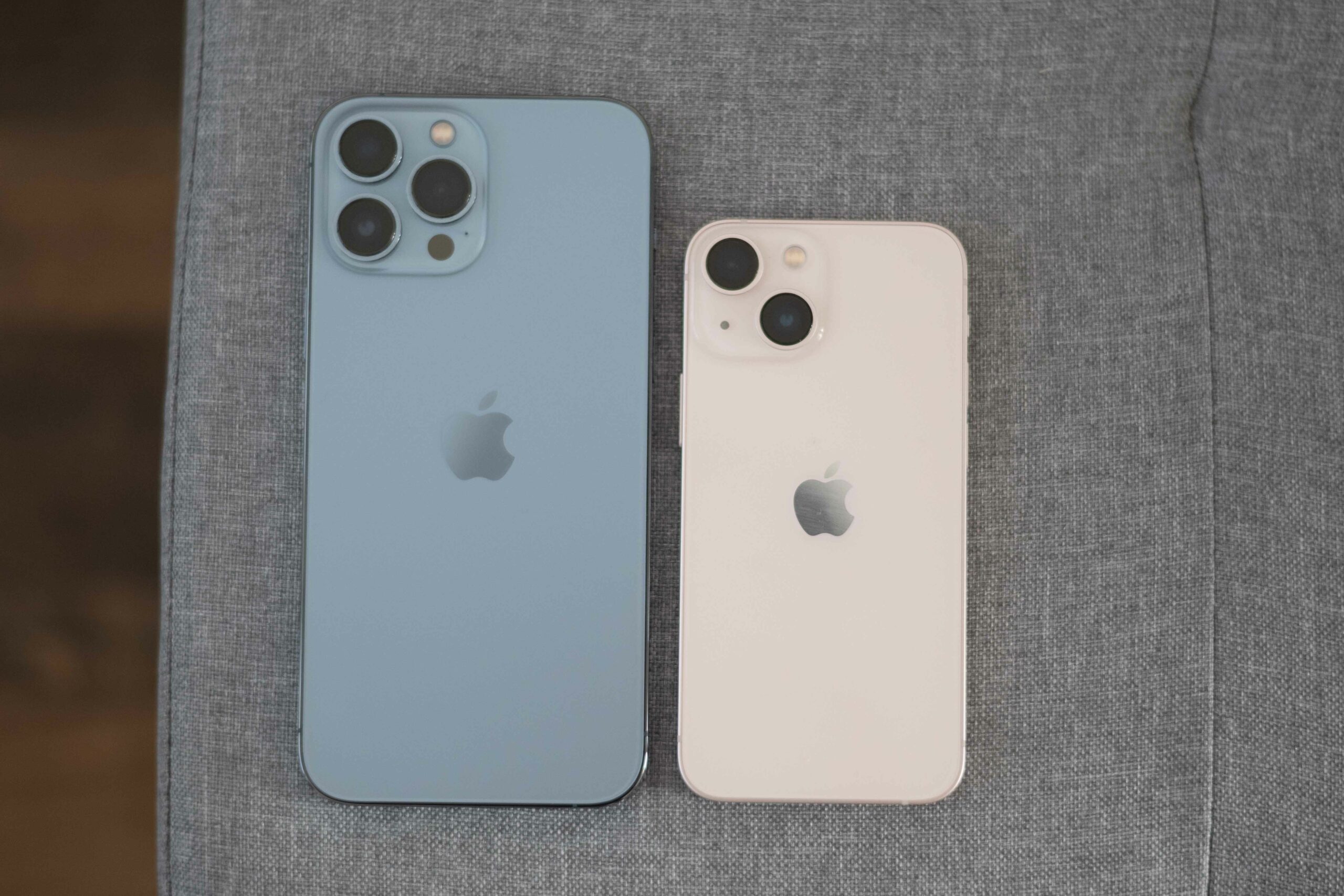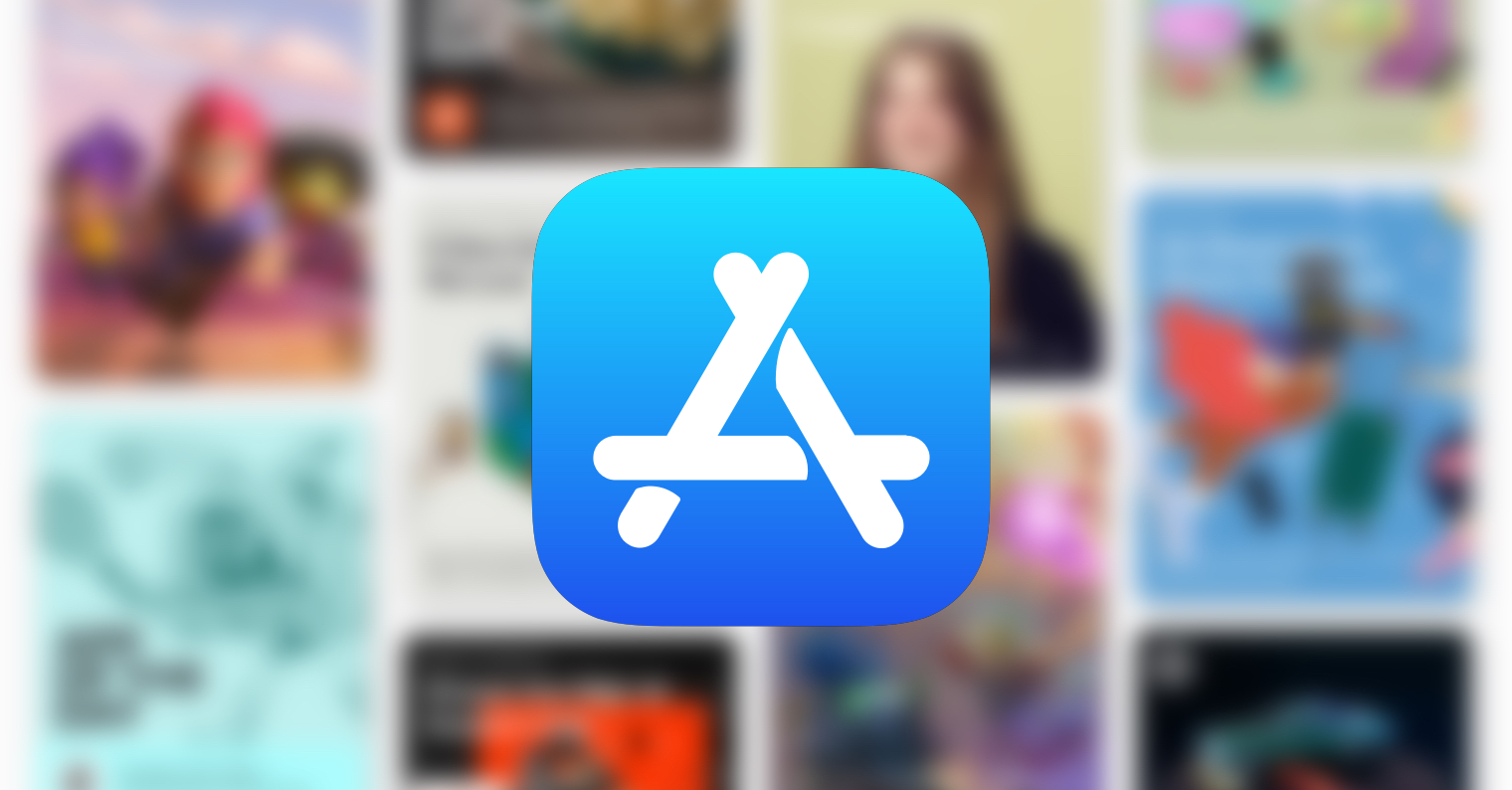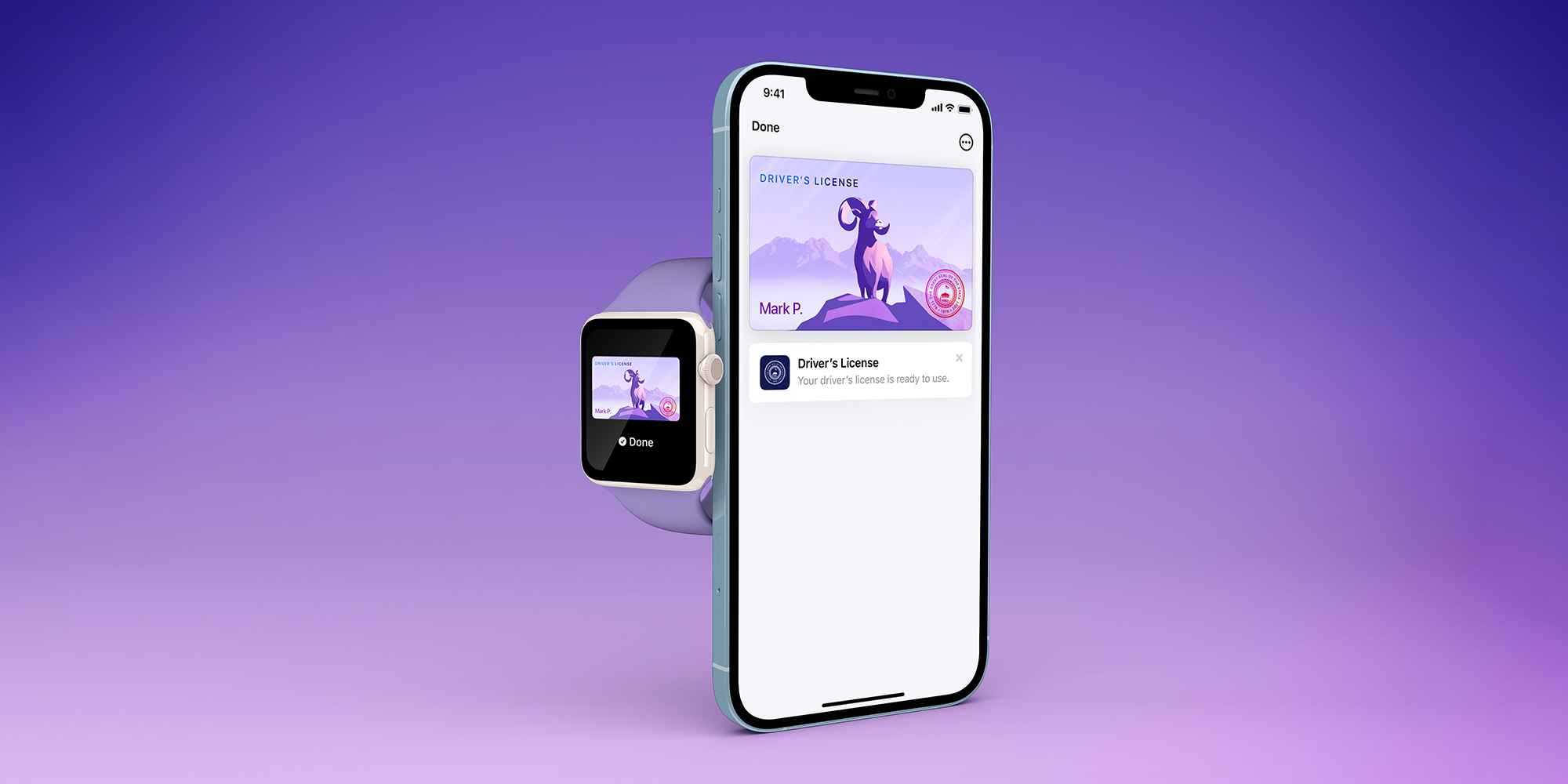After a long wait, Apple has finally come up with a new product that will greatly please many developers. Unfortunately, the Cupertino giant is often slow in implementing functions that should have been here a long time ago. A great example can be, for example, widgets in the iOS 14 system. While for users of competing phones with the Android operating system this has been a completely normal thing for years, for (some) Apple users it was slowly a revolution. Likewise, Apple has now come up with a rather important change for the App Store. It will allow developers to publish their applications privately, as a result of which the given app will not be searchable within the apple app store and you will only have to access it via a link. What good is it anyway?
It could be interest you

Why want private apps
So-called non-public applications, which cannot be found at all under normal conditions, can bring a number of interesting benefits. In this case, of course, we are not talking about ordinary apps that you rely on every day and often work with. Of course, their developer wants the opposite - to be seen, to be downloaded/purchased and to generate profit. Of course, this does not apply in all cases. For example, we can imagine a situation where a smaller application is created for the needs of a certain company. With that, of course, you want no one else to have access to it unnecessarily, although, for example, no damage might occur. And that is just not possible at the moment.
If you would like to hide the application from the public, then you are simply out of luck. The only solution is to properly secure it and allow access, for example, only to registered users who must know their login details in advance. But that's not quite the case. It is important to distinguish between an app for the needs of companies and a program that you simply don't want to be seen among apple-eaters. Be that as it may, the inbound solution in the form of non-public apps will definitely come in handy.
Current approach
At the same time, a similar option has existed here for many years. If you are a developer and want to publish your application, you practically have two options - publish it to the App Store, or use Apple's Enterprise Developer program. In the first case, you would have to secure the given app, as we wrote above, which will prevent unauthorized people from accessing it. On the other hand, the Enterprise Developer program even previously offered the option of so-called private distribution, but Apple quickly came to this. Although this approach was originally supposed to be used to distribute the application among the company's employees, the whole idea was misused by companies from Google and Facebook, while illegal content from pornography to gambling applications also appeared here.

Even while this program supported private distribution, it still had its limitations and shortcomings. For example, part-timers or external employees could not use an application released in this mode. In this respect, only car manufacturers and their stores and partner services were exempted.
Still the same (strict) rules
Although only a small number of people get access to non-public applications, Apple has not compromised its terms in any way. Even so, individual applications will have to go through a classic verification process and confirm that they meet all the conditions of the Apple App Store. Therefore, whether the developer wants to publish his app publicly or privately, in both cases the relevant team will check it and assess whether the tool does not violate the mentioned rules.
At the same time, a rather interesting restriction will work here. If a developer once publishes his application as non-public and then decides that he would like to make it available to everyone, he faces a rather complex process. In that case, he will have to upload the app completely from scratch, this time as a public one, and have it assessed again by the relevant team.
It could be interest you





 Adam Kos
Adam Kos